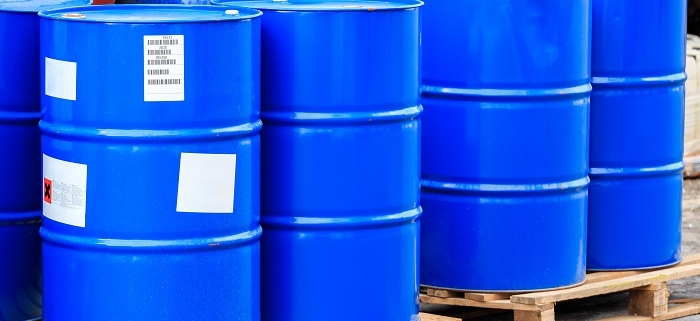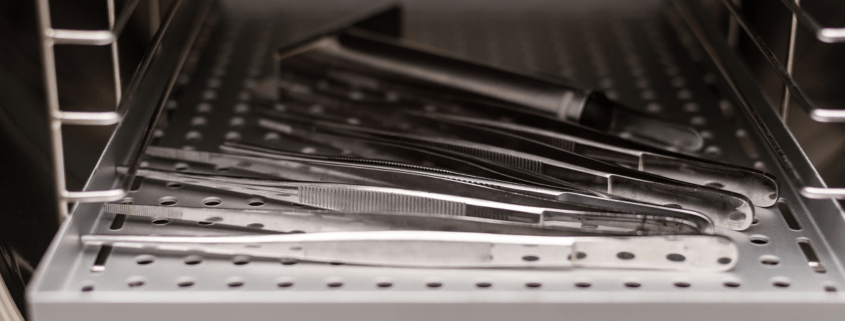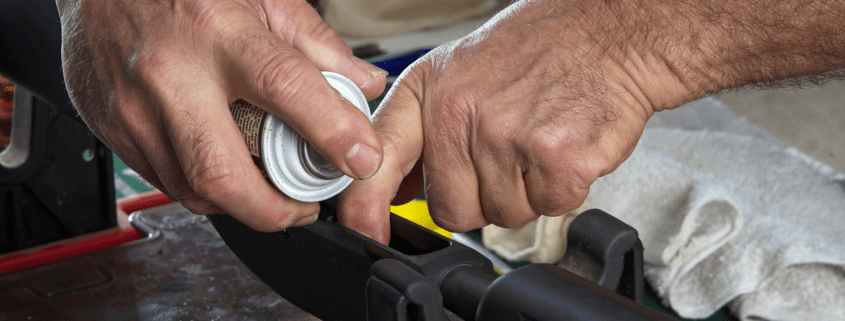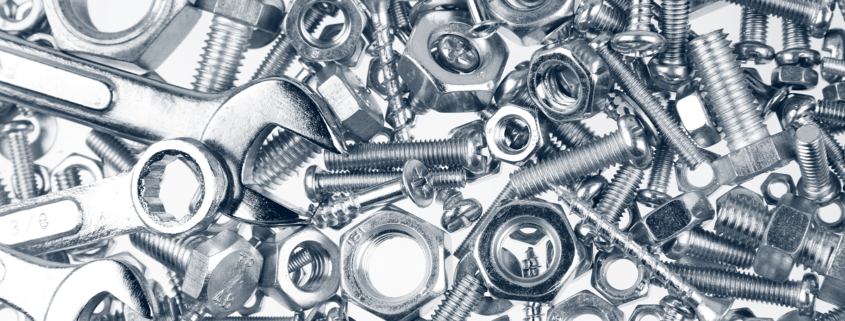IPA Cleaner Spray: Key Facts to Remember
Sold on the industrial, commercial, and residential markets, isopropyl alcohol (IPA) cleaner has a wide variety of uses, from killing germs, to cleaning general surfaces, to cleaning electronic components that play a critical role in business operations.
Ecolink offers IPA cleaner spray solutions for industrial applications. These solutions generally have a higher IPA purity than business-to-consumer (B2C) IPA cleaners. The following key things to remember about IPA cleaner spray is based on this fact.
1. Range of Use
In terms of application, IPA spray cleaner is one of the most diverse spray cleaners for industrial settings, highly useful for cleaning general surfaces, removing soils from a wide range of electronic parts and apparatuses, and disinfecting surfaces, tools, and instruments.
However, when it comes to general cleaning, IPA cleaner spray isn’t suitable for all surfaces. Before you begin using an IPA spray liberally, check the user’s manual to identify any materials industrial grade IPA — or IPA of any purity level — isn’t designed to treat.
2. Low Flashpoint
IPA has an open cup flashpoint of 11.7°C (53.1°F; 284.8 K) and a closed cup flashpoint of 13°C (55°F). The flashpoint of an IPA cleaner spray is partly determined by its purity; specifically, what percentage of the solution is IPA, what percentage is water, and what percentage is comprised of another ingredient, and possible more than one.
If you use an industrial formulation, you’re probably using a product with high purity. This means workers should use flame retardant personal protective equipment (PPE) and special storage conditions should be observed.
The Orleans/Niagara Board of Cooperative Educational Sciences recommends 99% IPA be “stored in [a] Flammable Area with other flammable materials and away from any strong oxidizers. In addition “Store in a dedicated flammables cabinet. Store in a cool, dry, well-ventilated, locked store room away from incompatible materials.”
3. Highly Evaporative
IPA with a purity of 99% and above readily evaporates in open air, leaving no residue. The high evaporation rate makes the compound great for cleaning electrical components that shouldn’t remain wet for more than few minutes, if not less. The high evaporation rate of a nearly pure IPA formulation also correlates with its easy flammability, which should be considered when establishing a range of use for IPA cleaner spray.
4. Longevity
High purity IP cleaner spray can last for long periods of time in unopened containers. However, as the Orleans/Niagara Board of Cooperative Educational Sciences notes, “Peroxide formation may occur in containers that have been opened and remain in storage for more than 12 months.” This is important to remember when ordering IPA cleaner spray. How long containers remain in storage can impact the solution’s efficacy.
Need IPA Cleaner Spray?
If so, Ecolink can provide you with a stock solution or custom formulation quickly and affordably. In addition, we’ll provide you with a free product sample, so you can test its efficacy before the purchase. To get started on selecting the right product, call us today at (800) 563-1305, or send us an email through our contact form. We look forward to helping you choose the right solution!





